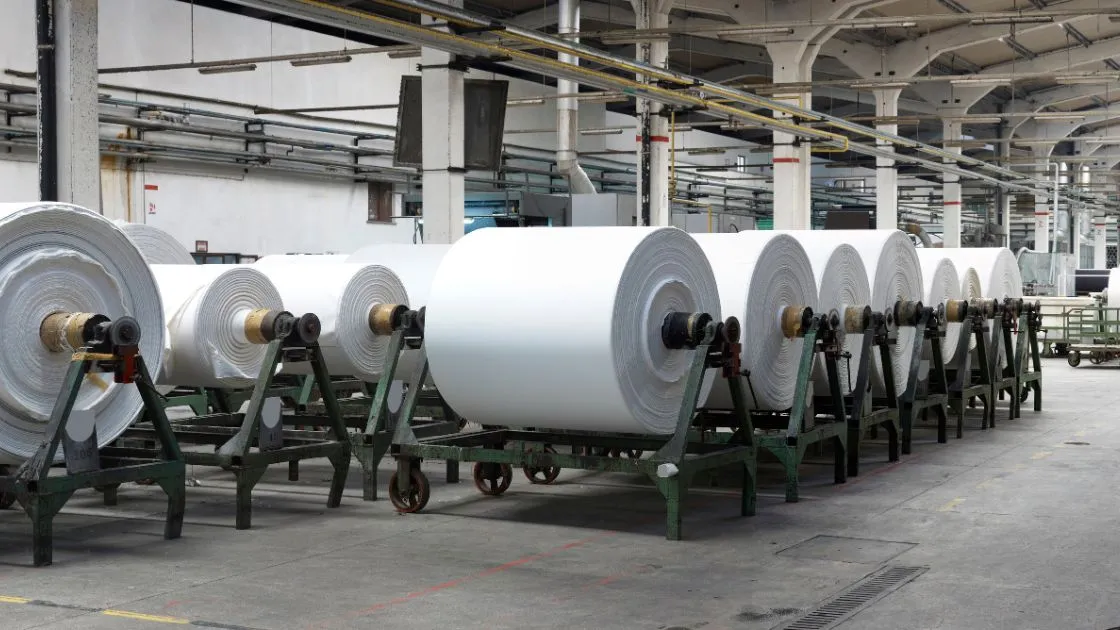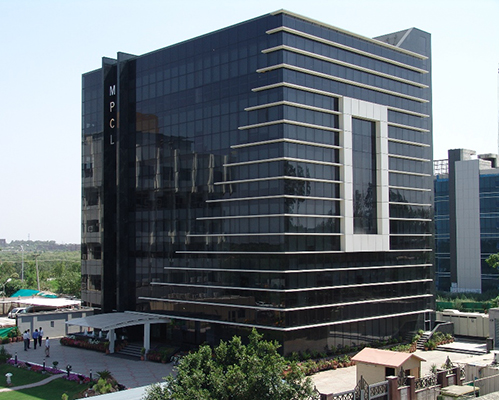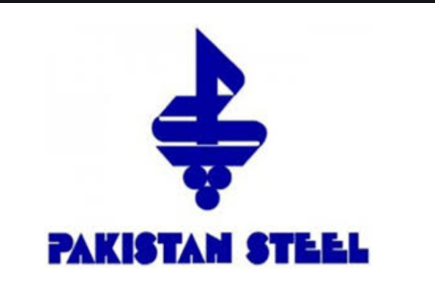APTMA Raises Alarm Over Energy Price Surge
Staff Report
All Pakistan Textile Mills Association (APTMA) has expressed deep concern over the government’s decision relating to energy price surge and urges the government to reconsider its stance on gas prices for industrial consumers.
Captive Gas Price Increase: APTMA expressed concerns over the hike in captive gas price to Rs. 2,750/MMBtu and the proposed 35:65 domestic gas/RLNG blend for industry use. This move significantly raises the price of captive power generation, pushing it well above regionally competitive levels.Ogra Notifies Massive Hike in Gas Prices
Impact on International Competitiveness: Pakistan’s textiles and apparel exports are facing a continuous erosion of international competitiveness due to escalating energy prices. These prices, now over twice those of competing regional economies, render production financially infeasible. Consequently, Pakistan is losing market share to countries like Bangladesh, India, and Vietnam, which benefit from significantly lower energy tariffs.
Viability of Captive Generation: APTMA highlighted the unaffordability of captive generation if the government proceeds with its plan to shut it down. With grid electricity priced at over 16.7 cents/kWh, there’s no financially viable energy source for the industry to sustain manufacturing operations.
Need for Balanced Transition: While APTMA acknowledges the government’s intent to streamline gas consumption, it emphasizes that the transition must not endanger the viability of the textile and apparel industry.
APTMA stresses that for the industry to remain competitive, provide employment, and contribute to foreign exchange earnings, energy prices must align with regional benchmarks. The current situation, where the industry is burdened with cross-subsidies for other power consumers, is unsustainable and counterproductive to economic stability and growth goals.
In light of these concerns, APTMA urges the government to reconsider its energy pricing stance for industrial consumers. It proposes incentivizing the shift from captive generation by removing cross-subsidies from power tariffs for industrial consumers and reducing them to a regionally competitive level. Moreover, APTMA suggests facilitating B2B power contracts with a use-of-system/wheeling charge for procuring green energy at competitive rates. This is necessary to maintain export competitiveness, especially considering the EU C-BAM and other green regulations.
APTMA expresses readiness to collaborate closely with the government to ensure that Pakistan’s textile and apparel industry remains a global competitor, providing millions of jobs and contributing significantly to export and economic growth.








